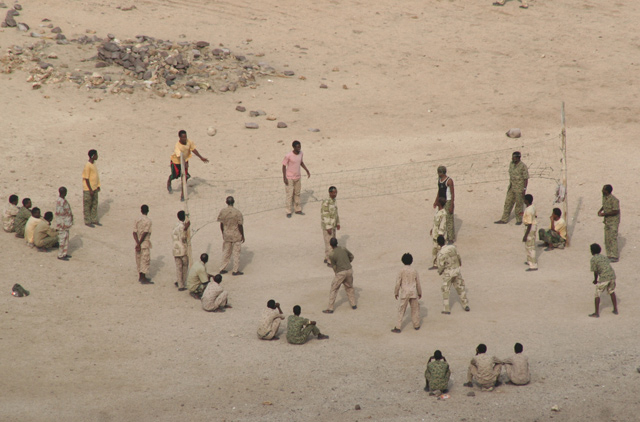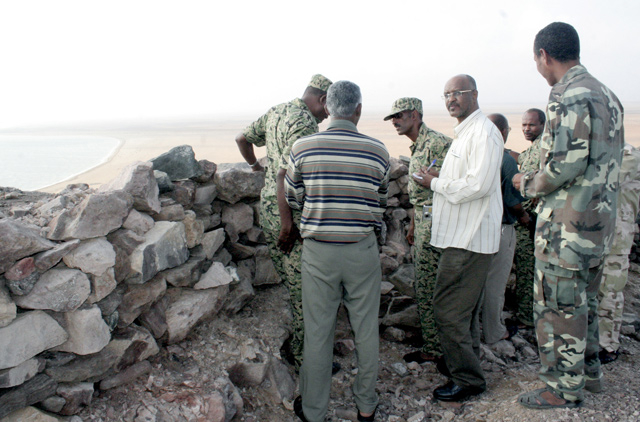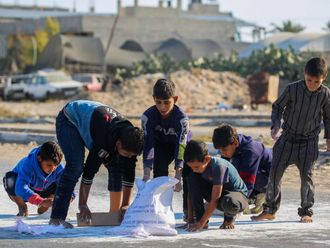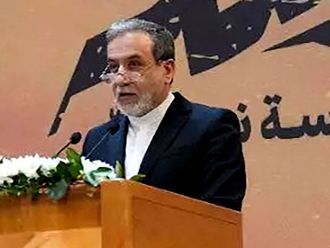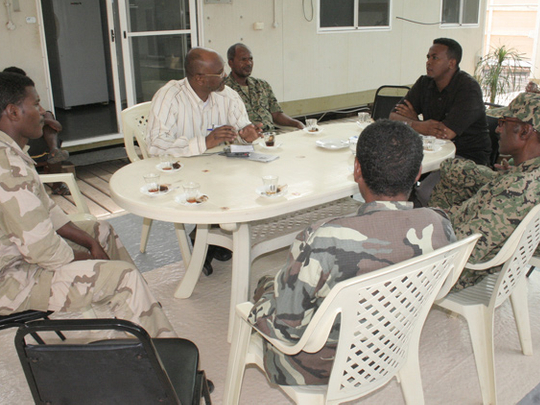
Asmara: Eritrea insists that there is no truth in the allegations by Western countries that the country is a launchpad for Iranian military adventures.
Gulf News was given exclusive access to the military facilities and this correspondent toured the war-torn country and did not find any evidence of training for foreign fighters.
In pictures: Military camp in Eritrea
The strategic importance of this Horn of Africa nation and its turbulent political history have prompted many Western states and the Eritrean opposition to allege that the country is a training ground for foreign fighters.
They say Eritrean army camps were being used to train foreign fighters, including Somali militants and Al Houthi rebels of Yemen.
On December 23 last year, the United Nations Security Council imposed an arms embargo on Eritrea for "endangering the stability in the Horn of Africa." The sanctions include an arms embargo, freezing of the assets and travel restrictions on political and military leaders.
Eritrean officials said that Gulf News was the first foreign newspaper to be allowed access to its military camps and permitted to take photographs since its independence.
A visit to an oil installation in Assab where Iran is alleged to have helped develop its facilities, Gulf News discovered only an old and abandoned refinery with two Eritrean guards.
The Israeli daily Maariv published a report on April 2, last year, saying: "Iran has already finished building a naval base at a desert area near the Eritrean port of Assab. Tehran had transferred to this base — by ships and submarines — troops, military equipment and long-range-ballistic missiles… that can strike Israel."
After Eritrean President Isaias Afewerki visited Iran last year, the West launched a campaign militarily linking the two countries.
Gulf News visited the Ras Doumeira military camp near the border with Djibouti, where the UN inpectors were denied access, which officials said was in protest at the adoption of the UN resolution condemning Eritrea.


